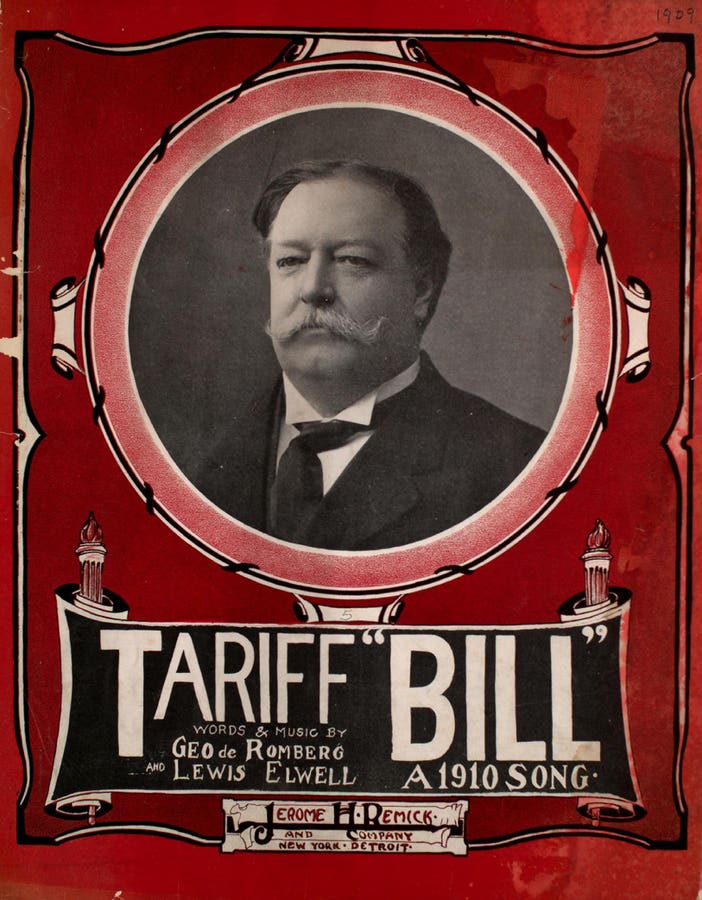In times of macroeconomic upheaval, such as the implementation of tariffs or significant policy shifts, the instinct to react impulsively can be overwhelming. The prevalent Western belief promotes immediate action as the panacea for uncertainty. There’s a comforting notion that taking steps—no matter how hasty or misaligned—can alleviate feelings of powerlessness and enable an individual to reassert control. However, this reaction often results in poor decision-making driven by fear and anxiety. Instead of succumbing to this pressure for action, the valuable advice from Buddhist teachings encourages a moment of stillness. “Don’t just do something, stand there.” This profound wisdom serves as a stark reminder that thoughtful reflection can be much more beneficial than thoughtless panic. During such tumultuous times, it becomes imperative to resist the urge to jump into hasty investments and to instead focus on maintaining a calm and strategic mindset.
An essential component of this strategic thinking is rooted in the investment philosophy espoused by Warren Buffett, who emphasizes the importance of understanding the limits of one’s knowledge. Investors find themselves in an environment riddled with unpredictability, where macroeconomic variables, interest rates, and market movements fluctuate without notice. Given the immutable truths of financial markets, it is crucial to concentrate on that which is knowable. This means looking for quality assets that are trading at reasonable prices. Buffett’s principle advocates for a focus on firm fundamentals and tangible cash flows rather than speculation—informed investment is what has allowed him to achieve unparalleled success over the years. Therefore, rather than scrambling to predict the uncertain future, investors should channel their energies into identifying high-quality investments that possess inherent value.
Following this principle, the second survival rule that arises is to avoid speculation. Speculation involves wagering on uncertain outcomes that are difficult or impossible to value accurately, such as cryptocurrencies, derivatives, or trends driven by fickle market sentiment. By contrasting speculation with investing—which requires ownership of ascertainable value backed by strong fundamentals—investors can cultivate a more stable approach. This distinction becomes even more crucial in volatile economic climates. By rooting investment strategies in quality and cash flow generation, individuals can minimize the risks associated with uncertain market conditions and enhance their potential for long-term success.
Maintaining a rational investment stance, even as significant changes to economic policy arise, allows for a better assessment of the economic landscape. Recent indications signal potential changes in tax policy, particularly through corporate tax cuts aimed at boosting company revenues and addressing trade imbalances. The stock market surge following elections reflected optimism surrounding these prospective tax reforms, indicating that markets often respond positively to expected fiscal policy changes. However, as new tariff regimes and protectionist policies begin to predominate, the initially buoyant atmosphere may be overshadowed by the complexities of increased economic barriers. Understanding the interplay between tax policy and tariffs is essential for investors seeking to navigate this tumultuous environment successfully.
To effectively capitalize on these evolving dynamics while protecting investments from adverse outcomes stemming from trade conflicts, a specific focus on small-cap stocks emerges as a strategic recommendation. Small-capitalization domestic value stocks, defined as companies with market capitalizations less than $2 billion, offer unique advantages. These companies generally operate primarily within the U.S. market, insulating them from the impact of international trade disputes and tariffs. Additionally, they are typically undervalued, leading to a compelling opportunity for appreciation in value amidst broader market fluctuations. Boasting pricing power and keen adaptability, these companies represent not only a buffer against economic adversity but also a way to align long-term investment strategies with the current market realities.
In conclusion, the overall approach to investing in uncertain economic climates should emphasize a blend of patience, knowledge, and sound strategic choices. By heeding the wisdom of standing still, investors can develop a clearer perspective on their objectives and the markets. A focus on quality assets backed by stable cash flows keeps speculation at bay and optimizes investment outcomes. As uncertainty looms, especially in regards to government policies and tariffs, measures such as investing in small-cap stocks can plausibly offer both growth potential and protection against market disruptions. This long-term, values-driven mindset is key to enduring the volatility that macroeconomic shifts often entail and ultimately paves the way for sustained investment success.

